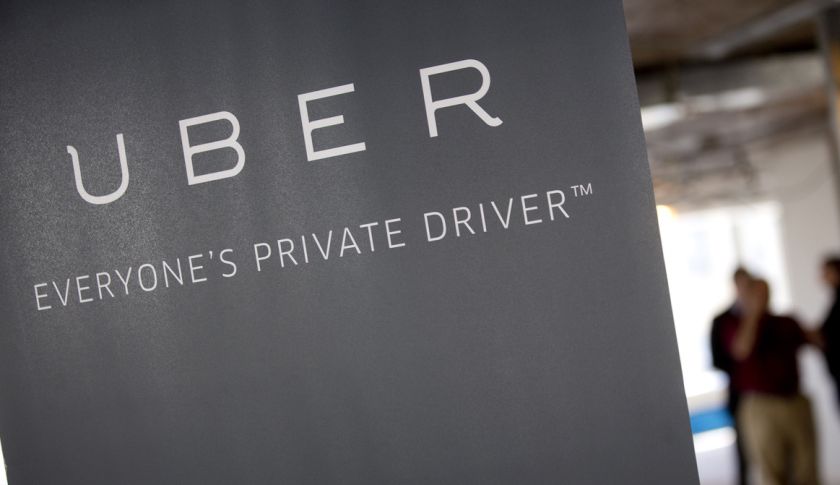
Uber heads back to court this Thursday in San Francisco to battle a case that has major implications for a sharing economy. The case is a class-action hearing that will determine whether its worker classification lawsuit will become a class-action suit.
The broader issue this case represents is whether Uber drivers are to be regarded as employees or independent contractors. In effect, Uber’s lawyers are going to be arguing that their drivers are so diverse — in regards to flexibility, working hours, etc. — that they cannot be considered as just one class.
The opposition, however, will be attempting to assert and validate the claim that Uber drivers are not different in ways meaningful enough to disqualify a class-action suit.
What this case can mean for the sharing economy — and for companies in this billion dollar industry, such as Airbnb and Lyft — is, as Arun Sundararajan, a professor at NYU’s Stern School of business, tells Bloomberg: “Classifying drivers as employees would result in higher prices, and fewer Uber drivers overall who must work longer hours. The higher costs would be passed on to consumers, with reductions in drivers’ income and Uber’s cut of their fares.” He added: “The effect on Uber’s global revenue would likely be small.”
The implications of this decision hold relevance in many sectors, especially with the sharing economy being a point of interest for presidential candidates.
Democratic front-runner Hilary Clinton, for example, has said: “This on-demand or so called ‘gig’ economy is creating exciting opportunities and unleashing innovation, but it’s also raising hard questions about workplace protections and what a good job will look like in the future.”
The decision will be released in the coming weeks with its influence catching the interests of many.
More Must-Reads From TIME
- The 100 Most Influential People of 2024
- The Revolution of Yulia Navalnaya
- 6 Compliments That Land Every Time
- What's the Deal With the Bitcoin Halving?
- If You're Dating Right Now , You're Brave: Column
- The AI That Could Heal a Divided Internet
- Fallout Is a Brilliant Model for the Future of Video Game Adaptations
- Want Weekly Recs on What to Watch, Read, and More? Sign Up for Worth Your Time
Contact us at letters@time.com